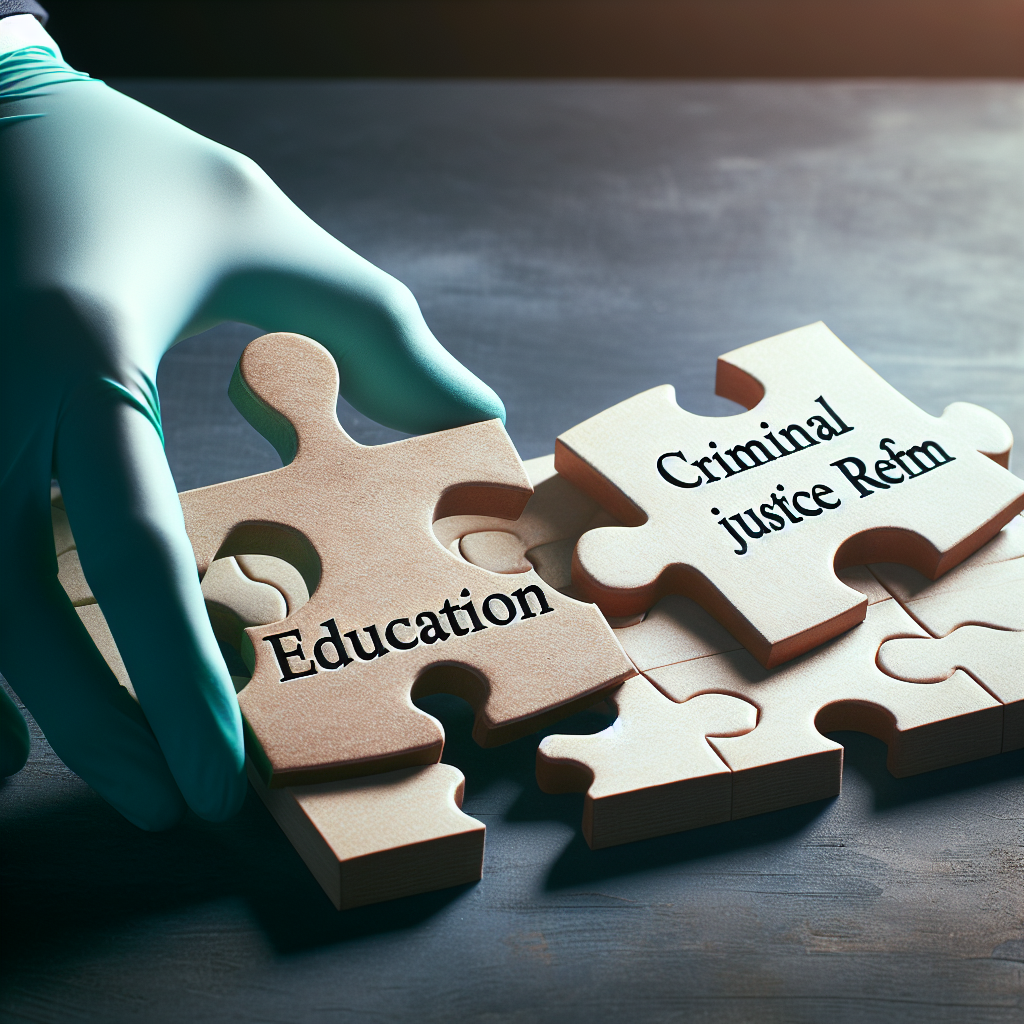As we stand on the precipice of change with the passing of comprehensive criminal justice reform legislation, an unexpected field arises as a potential game-changer – education. The often unexplored synergy between criminal justice and academia takes center stage in this discourse.
Health Issue Overview:
A study published in The Lancet revealed trauma-related behavioral issues in juveniles are amplified by punitive systems like detention centers that substitute meaningful educational inputs with disciplinary action.
Medical Background:

New advancements in neuroscience reveal how early childhood adversity can trigger developmental delays and health problems later on. Dr. Anne Masten termed these ‘Risks Activated’, indicating that early intervention is crucial.
Patient Stories:
We delve into personal narratives from former inmates who suffered mental health crises triggered by their penal experience instead of gaining constructive life skills or education during incarceration.
Treatment Options:
Educational psychologists emphasize cognitive-behavioral interventions and remedial training as more effective than punitive measures to rehabilitate offenders back into society.
Healthcare System:
Countries like Norway have seen marked improvements by integrating mental healthcare strategies within their prison system along with strong emphasis on learning programs for prisoners
Research Developments:
Groundbreaking research points towards alternate pedagogical methods such as project-based learning having profound effects on fostering empathy among student populations;
Prevention Strategies:
Education policy experts argue for the implementation of ‘Justice-sensitive schooling’ to provide trauma-informed education to at-risk children.
Support Resources:
Several programs such as the ACLU’s School-to-Prison pipeline initiative strive for reforms in school policies, practices, and culture.
Future Outlook:
A shift towards a more compassionate, knowledge-based approach within both education and criminal justice systems could empower rather than penalize individuals. The recently enacted reform acts as a catalyst.
Taking Action:
As partakers in democracy, educators, students and parents have an active role in demanding systemic change through informed voting or public advocacy.




